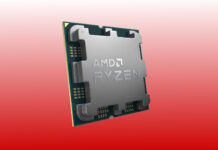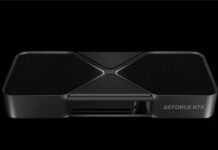Android 2.2, code-named FroYo, is the latest incarnation of Google’s mobile operating system. Developed for the optimized ARM architecture there is no native support for x86 and regular PC processors. Intel is expected to change this.
According to a recent post processor giant Intel, holding 80% of the x86 market, is working on a port of Android 2.2 for x86. Already during the summer Intel will complete the new version of the operating system for x86, which will enable partners to pair up Android with Intel’s Atom processors in netbooks, smartphones and other ultraportables.
The most interesting bit is that Intel is not considering some half-baked emulation of Android but a fully featured port written from the ground and up for x86, which according to Intel wasn’t that hard since it has much experience of workign with Linux (e.g. Moblin).
Intel pointed out that the source code for the x86 version of Android 2.2 will be made available for the Android community and application developers.
Intel’s proclamation of love for Android can mean several things. First of all, Google is heading in the right direction with its operating system for mobile units, but also that Intel is not happy with the competition for Android, e.g. Microsoft Windows.
HP Slate, Atom tablet that was trashed, mainly beccause of Windows 7
We have been waiting for more ARM-based netbooks mainly because of the Android support, but it looks like Atom-based models will be able to fill this void instead.
Even if Intel Atom has been criticized for its meager performance it is still faster than most ARM equivalents, and Windows 7 is really meant to run on full-size PCs, which hopefully means that Atom should shine a bit more with a lighter and faster operating system like Android. Not the least when Intel announces the Moorestown platform.
Intel is boasting Moorestown
There are some unanswered questions though, not the least what Microsoft thinks of Intel’s decision to port Android 2.2 to x86. But also what Intel will do with future updates of Android. Already with ARM Android suffers from great fragmentation where different versions of the operating system is mixed and match all over the place, but Google’s plan to just do one big update every year could be the remedy of this, and it would play in the hands of Intel.
Last bu not least we’re wondering about the application system and how it will work with x86. Will x86 developers get to peek at the platform and what about the current Android applications, which are a big part of the overall platform.
We eagerly look forward to finding out the answers to these questions by the end of summer when Android 2.2 is slated to appear in a x86 suit.

















